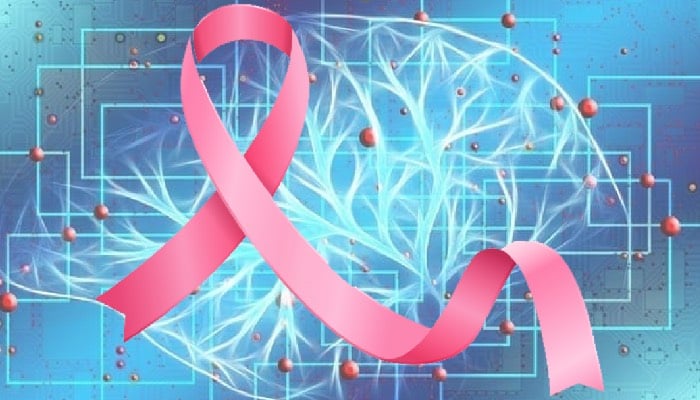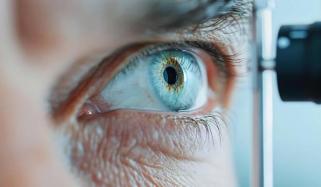
Breast cancer remains a growing concern worldwide among women, with alarming statistics from 2022 showing 2.3 million new diagnoses and 670,000 deaths globally.
New research suggests that Artificial Intelligence (AI) could be a game-changer in the early and accurate diagnosis of breast cancer.
A study titled "Ensemble Deep Learning-Based Image Classification for Breast Cancer Subtype and Invasiveness Diagnosis from Whole Slide Image Histopathology," published in the Cancers journal, highlights an AI model developed by Northeastern University and Maine Health Institute for Research.
This model can classify and identify various types of breast cancer from high-resolution images of breast tumour tissue.
Meanwhile, it also differentiates between malignant and benign tumours.
The AI model was trained using publicly available datasets such as BreakHis and BACH, which include thousands of labeled microscopic images of breast tissue.
However, the model achieved an impressive accuracy rate of 99.84%.
Saeed Amal, a bioengineering professor at Northeastern University, emphasised the AI's efficiency, stating, "The AI can't miss a tumor in the biopsy and won't be exhausted after diagnosing 10 or 20 people."
AI systems are also advancing in prognosis and predictions related to breast cancer.
For example, AI can predict the response to neoadjuvant chemotherapy (NAC) with an accuracy of 95.15%, as detailed in a paper published in the Journal of Pathology.
AI also helps identify lymph node metastasis and evaluate hormonal status, which are crucial for treatment.















